On the return flight to Rome, Francis responded to a wide range of questions put to him by journalists and looked visibly satisfied by the enthusiastic welcome he received on his visit to the European Parliament and the Council of Europe in Strasbourg
On the return flight to Rome, Francis responded to a wide range of questions put to him by journalists and looked visibly satisfied by the enthusiastic welcome he received on his visit to the European Parliament and the Council of Europe in Strasbourg
About your words on the real strength of the people and international powers: are you a social-democratic Pope?
“That is reductionism my dear man. It makes me feel like I’m part of an insect collection: look, that one there is a social-democratic insect! I don’t know if I’m a social-democratic Pope or not … no, I would not dare take sides, I dare to say that this comes from the Gospel, this is the message of the Gospel followed by the social doctrine of the Church. I have never moved away from the social doctrine of the Church which comes from the Gospel and the Christian tradition in any of the social or political comments I have made … what I said about people’s identity is an Evangelical value, that was what I was referring to … but you made me laugh, thank you!”
The streets of Strasbourg were pretty empty this morning. People said they were disappointed. Do you regret not going to Strasbourg Cathedral for its Millenary anniversary? And when will you go on your first visit to France and maybe to Lisieux?
It has not been planned yet. But I must go to Paris of course. Lourdes is another possibility … I have asked to go to a city a Pope has never gone to before, to greet the people. But no preparations have been made. As far as Strasbourg Cathedral is concerned, we did think about it but to pay a visit to it meant visiting France, this was the problem.”
You mentioned the concept of transversality and to meetings you had with young politicians in different countries. You also spoke of the need for some sort of intergenerational pact. Out of personal curiosity: is it true you have a devotion for St. Joseph?
“Yes, whenever I have asked St. Joseph for something he has granted me my wish. My wish for transversality is important. In conversations I have had with young politicians representing different parties and nations here and in the Vatican, I have noticed that their tune is different, it leans toward transversality. It is a gift, they are not afraid to go outside their own beliefs, without rejecting these, in order to engage in dialogue. They are courageous and I think we should follow their example and also engage in intergenerational dialogue … Europe needs this act of going out to find people to engage in dialogue with.
In your second speech you spoke of the sins of the children of the Church. How did you react to the news about the incident in Granada which you helped bring to light?
“I read about it, I called the person and I said to them: you go to the bishop tomorrow. I wrote to the bishop asking him to get to work, hold an inquiry and get things moving. How did I react to the news? With great pain, great, great pain. But the truth is the truth and we must not hide it.”
You spoke both about the threat of terrorism and about the threat of slavery. Both are characteristic of the Islamic State which poses a threat to much of the Mediterranean, Rome and yourself. Do you think it is also possible to engage in dialogue with these extremists or is it a lost cause?
“I never see anything as a lost cause, ever. Maybe dialogue is not possible … But I never close any door. It is difficult, almost impossible one would say, but the door always stays open, no? You used the term threat twice. It’s true, terrorism is one of the many existing threats. But slavery is a reality that forms part of today’s social fabric. Slave labour, human trafficking, child trafficking … It is a tragedy, let us not turn a blind eye to this! Slavery,the exploitation of people, is a reality today … It is a threat from these terrorists …. But there is also another threat: State terrorism, when every State takes it upon themselves to decide and thinks it is their right to slaughter terrorists. But many innocent people die alongside them … this is high-level anarchism and it is very dangerous. We must fight against terrorism, but I repeat, when an unjust aggressor needs to be stopped, this is done with the consensus of the international community. No country has the right to take it upon themselves to stop an unjust aggressor.”
When you travel, does your heart tell you are travelling as the Successor of Peter, the Bishop of Rome or the Archbishop of Buenos Aires?
“I really don’t know … I think I travel as all three … but how come you ask me this? You’re really making think now. My memory is that of the Archbishop of Buenos Aires, but I am no longer that … Now I am Bishop of Rome and Successor of Peter. I think I travel with this memory and this reality. I am concerned about Europe at the moment. As Bishop of Rome … I am Roman … and Successor of Peter, I want to help it move forward. Thank you so much for your work , it has been an intense day, don’t forget to pray for me.”
Vatican Insider


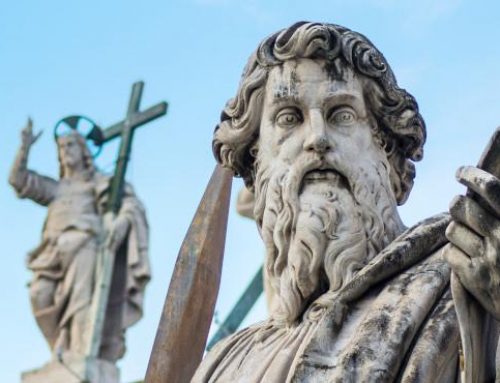
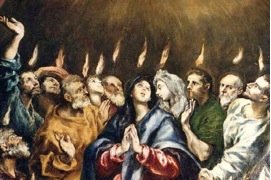
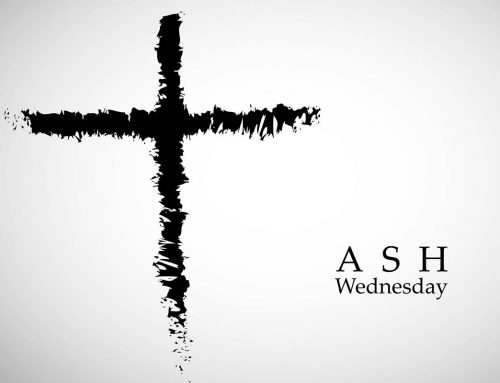
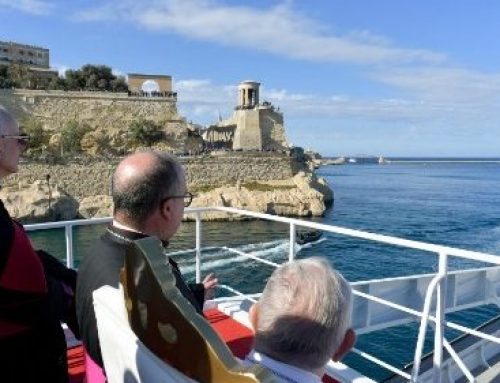
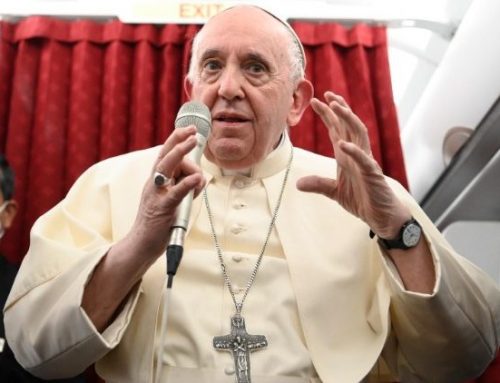
Leave A Comment
You must be logged in to post a comment.